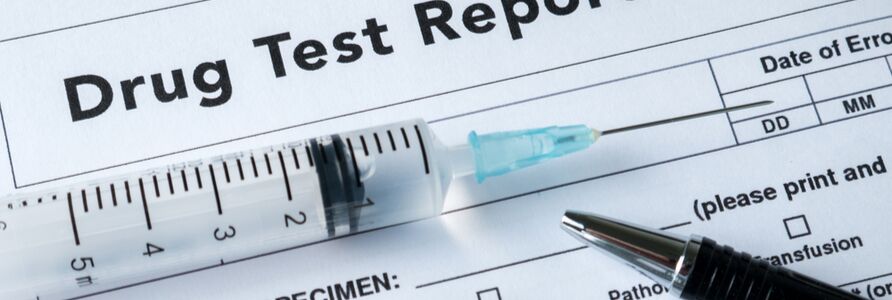Screening test
Health and Safety Protection in the Workplace
The employer is required to ensure the health and safety of his or her employees. In particular, he/she must take measures to prevent work-related accidents, especially those caused by alcohol or drug consumption. In the event of a pandemic or epidemic, the employer must try to limit the spread of the disease within the company.
Data protection and medical confidentiality
The employee's state of health and his or her blood alcohol or drug level are personal and sensitive data. They are also covered by medical confidentiality.
As a result, having an employee undergo a drug test is a delicate procedure to put in place. There is a real risk that the employee's personality will be damaged.
Alcohol and drugs
When an employee comes to work under the influence of drugs or alcohol, he or she risks endangering the safety of his or her colleagues or damaging the company's image. Employers are tempted to test employees for alcohol or drugs to protect their interests. Some companies want to introduce drug testing for safety reasons. There are many conditions that must be met in order to implement a drug test.
Procedure
Alcohol or drug testing must be in the company's overriding interest. Such a test for a secretary will, in most cases, not be possible.
The results of the test are subject to medical confidentiality. The employer cannot see it directly. Preventive screening tests, without the employer having any concrete suspicions, are only possible for specific professions.
In addition, the employer cannot compel the employee to take the test if the employee does not consent.
Consequences of a Positive Drug or Alcohol Test
Provided the employer has complied with the lawfulness of the drug or alcohol test, the employer may impose consequences on the employee who has shown up to work under the influence of alcohol or drugs. These consequences can range from a simple warning or sending home to immediate termination for just cause.
However, an employer must take precautions before terminating an employee’s contract. Terminating an employee’s contract because of alcohol or drug use while addicted to these substances can be problematic.
Contagious Disease/Covid-19
In the context of an epidemic or pandemic, such as Covid-19, employers have sometimes implemented screening systems to limit the spread of the disease within the company and the risk of partial or total closure of the company.
However, such a screening test relates to the employee's state of health, which constitutes sensitive personal data. Can the employer assert the company's interests to impose the screening test upon the employee's entry into the company or upon his or her return from holiday? What procedures must the employer follow?
If the test reveals that the employee has a contagious disease, such as Covid-19, how should the employer respond? Can the employer take sanctions against the employee who comes to work with symptoms of Covid-19?

